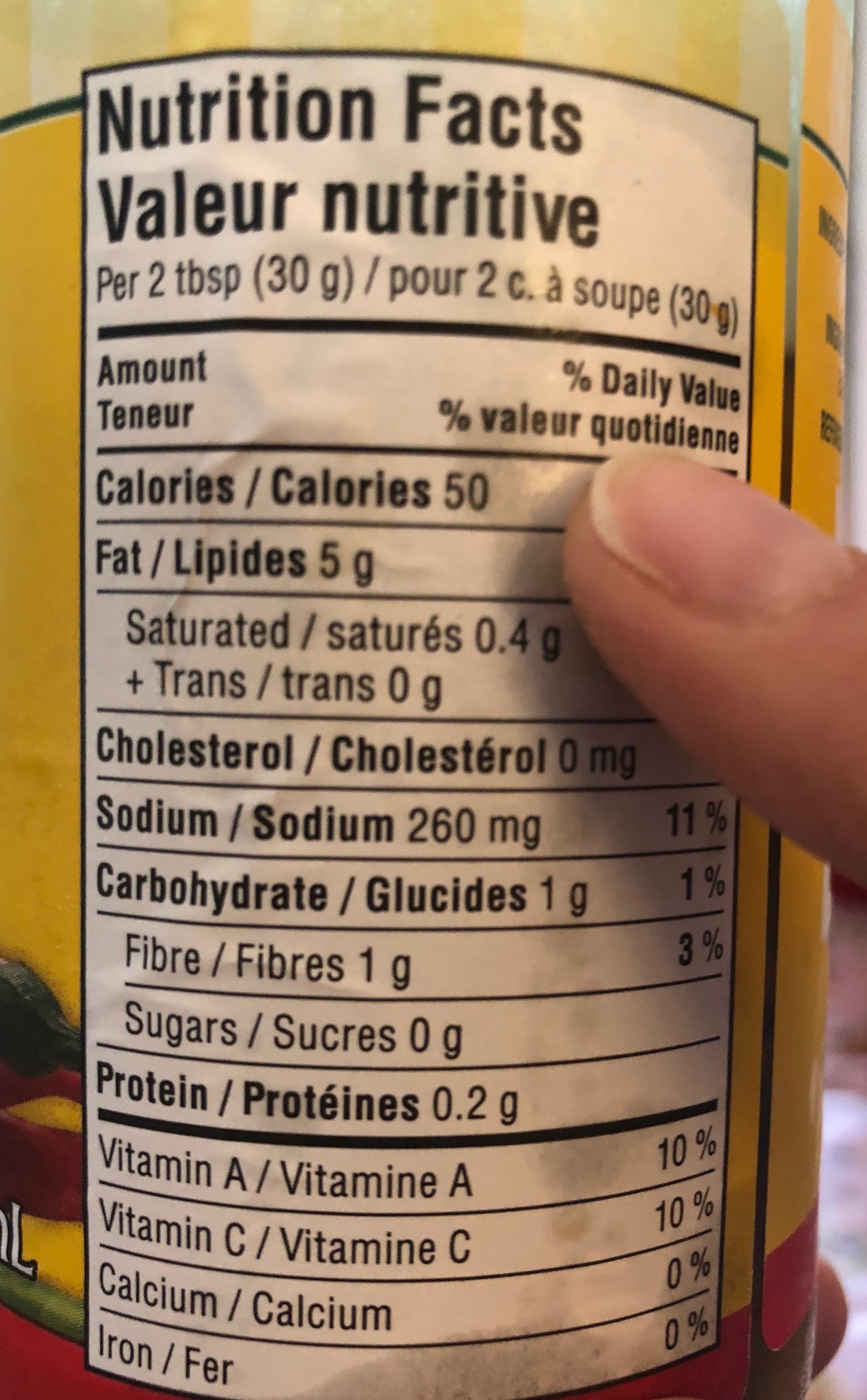Why is processed food a health risk?
The health concerns of processed food have been in the research domain for decades now. The multi-billion-dollar food processing and manufacturing industry has been heavily investing in the preparation and marketing of tasty processed food products at attractive and affordable prices. Consumers rarely pay attention to the nutritional facts of these food items that flood our grocery stores.
Even though there is a lot of ongoing research happening and some information is readily available in the public domain, people tend to disregard the alarming health concerns surrounding it. The primary cause of most of our health issues is a poor diet and unhealthy choices.
Pre-packaged food has a high level of risk since it often contains a range of tastemakers, other additives, and preservatives. In most countries, it is mandatory to indicate on the package the key ingredients used in the product and the country of origin of the product. It is often the case that we do not understand the chemicals added as preservatives and other taste-making additives. Studies show that long-term consumption of these ingredients may lead to several minor and major health problems.
Are there any health risks associated with products with a longer shelf life?
Processed food items are often prepared to be consumed instantly with little or no cooking. For their longer shelf life, these foods are often packaged and preserved with different types of oils, chemicals, or salt. The excessive use of these items over the long term can affect our health and also damage body organs. There is enough research data to suggest that certain commonly seen diseases are triggered by our routine food habits.
Some of the commonly known diseases are diabetes, obesity, heart disorders, and cancer. Awareness and a careful approach to our food choices might help reduce the risk of these diseases:
- Added Sugar: For artificially sweetening food, often extra sweeteners like sugar, concentrated fruit juice, or artificial sweeteners are added.
- Artificial flavours: These are taste makers that are mostly chemical substances. MSG (monosodium glutamate) is one of the harmful agents commonly used in food.
- Artificial Preservatives: Chemicals added to food for a longer shelf life
- Food texture: chemicals or ingredients like corn starch are added to the food to give it a particular consistency or texture.
- High in Carbohydrates: Processed carbohydrates can cause quick blood sugar and insulin levels in the body.
- High in trans fats, trans fats as a food additive are usually made by adding hydrogen to vegetable oil or fat. Studies have shown an increased risk of heart disease due to trans fats.
- Less Fibre in Food: Often packaged food has less fibre, which causes the body’s sugar level to go up and down quickly. This results in more frequent eating for the body to maintain a consistent energy level.
Overall wellness depends primarily on the health of our physical bodies. Choosing a healthy diet is important to provide our body with adequate nutrition and energy to sustain a healthy body and mind.
Shopping tips:
- Avoid food that contains artificial flavours or preservatives.
- Choose food that contains mostly natural ingredients.
- Make sure trans fat or saturated fat are at reasonable levels.
- Avoid foods with artificial sweeteners.
- Choose foods with less sodium (salt).
- Avoid foods that contain MSG (monosodium glutamate). MSG is used as a taste-making salt substitute mostly in Chinese and Asian cuisines.
- Avoid foods that are high in sugar.
NOTE: Read the ingredients on the label to make sure it is not harmful to the body or at excessive levels.


